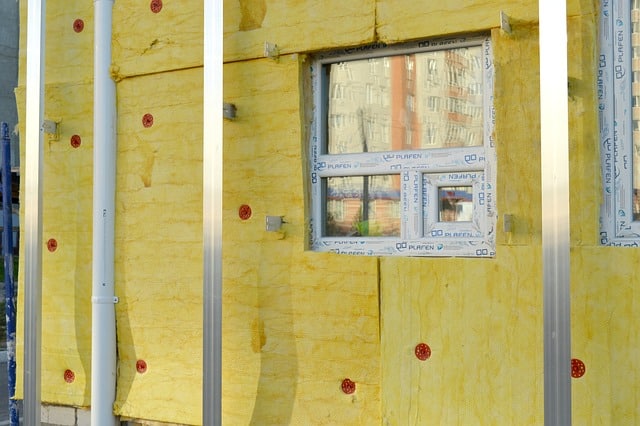Property development is vital, and the UK’s housing shortage is caused, in part, by a lack of housing stock. This is especially true when it comes to affordable housing. However, in 2024 we all must consider the effects of property development on the environment. With upcoming plans to open up development on brownfield, grey belt and green belt land, the subject of biodiversity loss will become more important to developers and planners. We’re all familiar with the concept of our carbon footprint and carbon credits, but what is biodiversity offsetting? This blog post explains what it is and why it matters to developers of all sizes.
What is Biodiversity offsetting?
Biodiversity offsetting is an increasingly popular conservation strategy that aims to compensate for the loss of biodiversity caused by development projects. Generally, it involves creating or restoring habitats in one area to offset the negative impacts of development in another.
This can involve actions such as:
- Habitat creation: Building new habitats, such as wetlands, forests, or grasslands.
- Habitat restoration: Restoring degraded habitats to their original state.
- Species reintroduction: Introducing species that have been lost from an area.
- Rewilding: Allowing habitats to regenerate themselves with little-to-zero human intervention.
Importantly, biodiversity is not an abstract concept. It’s intended to reduce the negative and unavoidable impacts of property developments on species, habitats and ecosystems, and there are definable and measurable outcomes.
Why is Biodiversity Offsetting Important?
Biodiversity offsetting is the last stage of the mitigation hierarchy, meaning that developers first must consider and make every attempt to avoid any impact of their development on the environment. If this is not possible, they must then attempt to minimise their development’s environmental impact. If this is also impossible, they must offset the project’s impact offsite through the legal requirement of Biodiversity Net Gain (BNG).
What is Biodiversity Net Gain (BNG)?
BNG regulations state that developments can’t just replace the environments that have been destroyed, they must create more.
According to GOV.UK, “BNG is mandatory in England under Schedule 7A of the Town and Country Planning Act 1990. Developers must deliver a BNG of 10%. This means a development will result in more or better quality natural habitat than there was before.”
For developers, this is important as any planning application will have to demonstrate how they intend to offset the impacts of their project to be approved. Not only does this add complexity to the application, but additional costs will need to be factored into your budget. If a developer is unable to return the land to how it was before (+10%), they may need to purchase Biodiversity Net Gain Units.
What Are Biodiversity Net Gain Units?
In much the same way that organisations can buy carbon credits to offset their emissions, BNG units allow developers to meet their legal obligations. All land is given a biodiversity metric and essentially, these parcels of land replicate and replace the habitat that was lost. BNG units are purchased based on the type of habitat that was destroyed, how rare it and the species found in it are, the quality and the size.
For example, if a housing development in Sussex destroys an acre of high-quality wetland habitat, they must buy an amount of BNG units equal to the biodiversity score, plus the 10%. What’s more, the distance from the development matters. If they buy BNG units from a vendor that’s 10 miles from their development, these will be worth more than ones from a vendor 100 miles away.
Biodiversity Offsetting for Developers
Biodiversity offsetting tends to be more pressing to developers building on greenbelt or other protected land. Those who build in urban areas or on brownfield sites are less likely to be affected. However, it’s still important that potential habitat loss is considered.
Biodiversity offsetting can help developers of all sizes demonstrate their commitment to social and environmental responsibility. What’s more, public opinion of development projects can be influenced by their impact on biodiversity, and negative perceptions can be reduced. In situations where planning approval hangs by a thread, this can make the difference in getting a project off the ground.
Finally, although hard to measure, property development projects that work alongside the environment and incorporate biodiversity into the planning may well be more desirable to a buyer.
At Hunter Finance, we’ve got experience financing development projects across the South East and we’re always looking for talented developers to work with. If you’ve got a project idea that needs finance, don’t hesitate to contact us.






